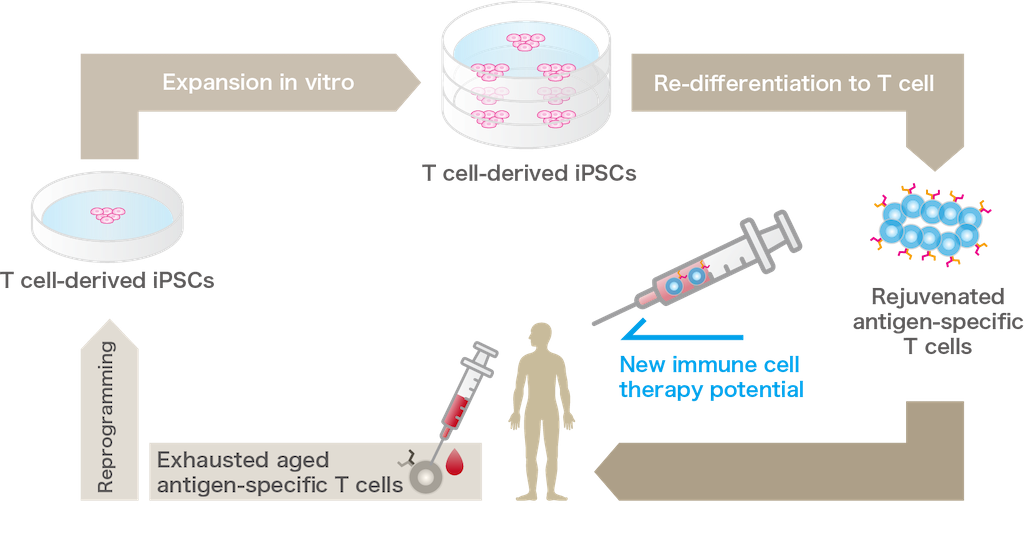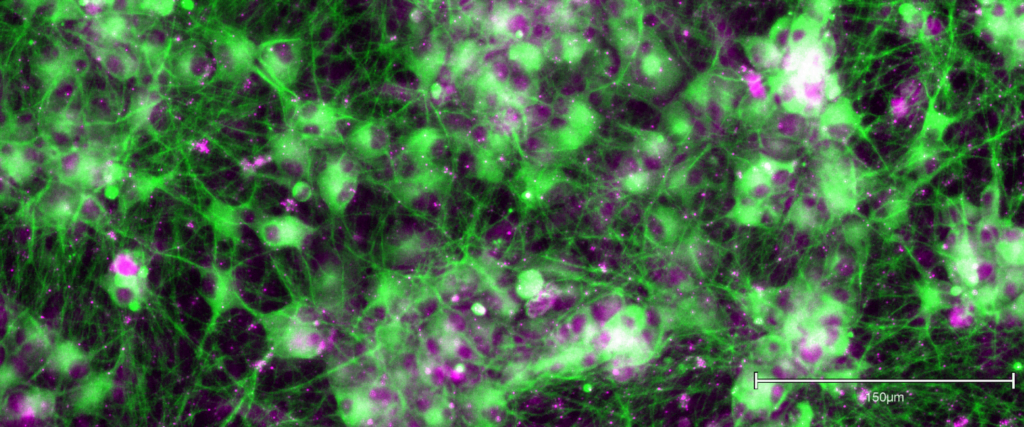Home / What are iPS cells?
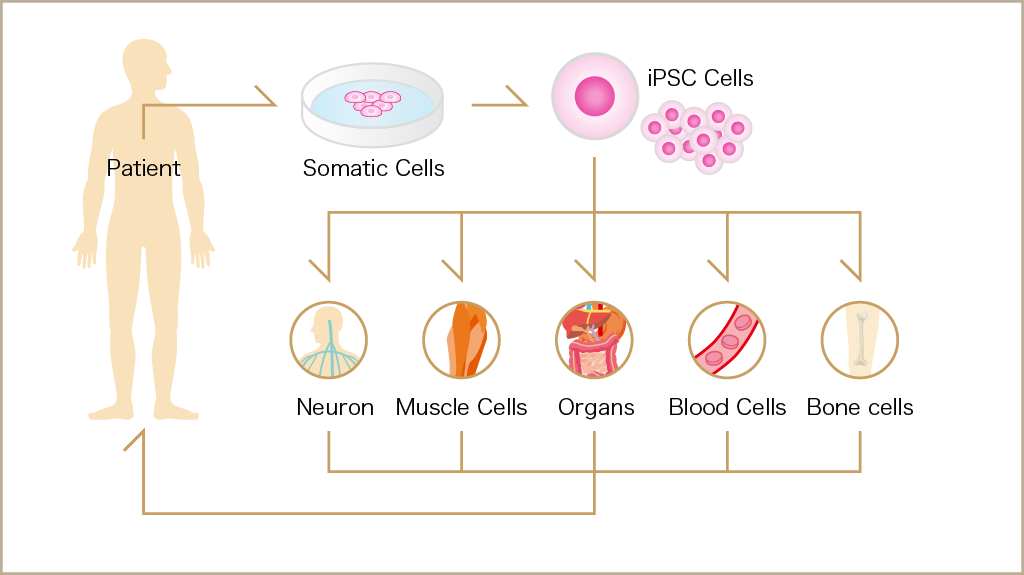
There are various types of stem cells, including ES cells and mesenchymal stem cells. iPS cells are remarkably suitable for autologous transplantation because iPS cells can be created from one’s own cells. Dental pulp stem cells and mesenchymal stem cells can also be extracted from one’s own body through tooth removal and skin extraction. Yet, we help to generate iPS cells from blood in the merest blood collection.
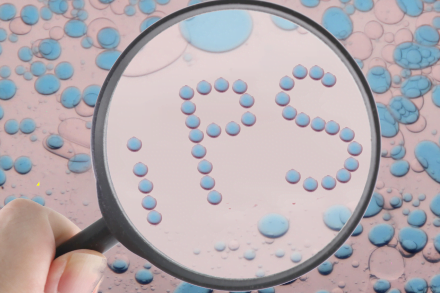
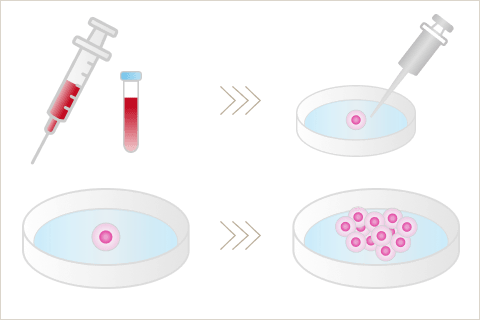
Compared to other stem cells, iPS cells have a higher proliferative capacity. To utilize them for cell therapy, a sufficient amount of cells are needed. The problem with other types of stem cells is that they have limited proliferate capacity so that it is difficult to gain sufficient amount of cells for cell transplantation therapy. By creating and storing your own iPS cells, you will able to have necessary amount of cells for cell therapy. While other stem cells are used up once they have been stored, iPS cells can be proliferated over and over as long as a small amount of iPS cells are well stored.
One of the representative features of iPS cells is that they can form various types of cells, such as immune cells to defend cancer, nerves, and muscles. Other stem cells can only transform into limited types of cells.
With iPS cell generation technologies, we can expect an adequate amount of cells derived from iPS cells for regenerative medicine. In particular, investment has been made worldwide in research and development over the past few years to produce immune cells called T cells from iPS cells as a cancer treatment. Practical use in cancer immunotherapy is also highly feasible in the near future.
Clinical studies for treatment using iPS cells are currently underway for a variety of other diseases, including Parkinson’s disease, spinal cord injury, age-related macular degeneration, corneal diseases, and ischemic cardiomyopathy.

Our approach to cancer immuno-cell therapy using iPS cell-derived T cells
For instance, cancer immuno-cell therapy research using iPS cell-derived T cells is underway all over the world.
Samples are first collected from cancer patients. Specific T cells that react to cancer cell antigens are isolated and reprogrammed to iPS cells. By regenerating T cells from iPS cells, a large number of cancer-specific and rejuvenated T cells can be produced. iPS cell-derived T cells are known to be highly aggressive against cancer cells as the cells are rejuvenated during the iPS cell production process. There have been attempts to transplant these cells as an application of cancer immuno-cell therapy.
In addition, clinical studies are underway to transplant iPS cell-derived nerve cells to tackle spinal cord injury, Parkinson’s disease, and cerebral infarction. Our corporate is also researching to create nerve cells so as to contribute to the development of new medicine and new treatment of these neurological diseases.
